
Gambling's Hidden Impact on Brain Chemistry: 2026 Science Explained
All the information in this page was checked by:
Every piece of information we present is rigorously verified by our team of experts using multiple credible sources, ensuring the highest level of accuracy and reliability.
We have paid partnerships with the online casino operators featured on our site. We may also earn commissions when users click on certain links. However, these partnerships do not affect our reviews, recommendations, or analysis. We remain impartial and committed to delivering unbiased gambling content. For more details, visit our Advertiser Disclosure page.
Learn moreGambling affects your brain through complex neurological mechanisms involving the reward system and neurotransmitters. Each bet triggers different chemical reactions (most of which are based on dopamine release) that create powerful feelings of fun and anticipation.
- The Neuroscience Behind Gambling Addiction
- What Happens to Brain Hormones During Gambling?
- The Hidden Effects of Gambling on Your Perception and Judgment
- What Happens When Gambling Addiction Goes Unchecked?
- Proven Methods for Treating Gambling Addiction
- Things to Remember
- References
The Neuroscience Behind Gambling Addiction
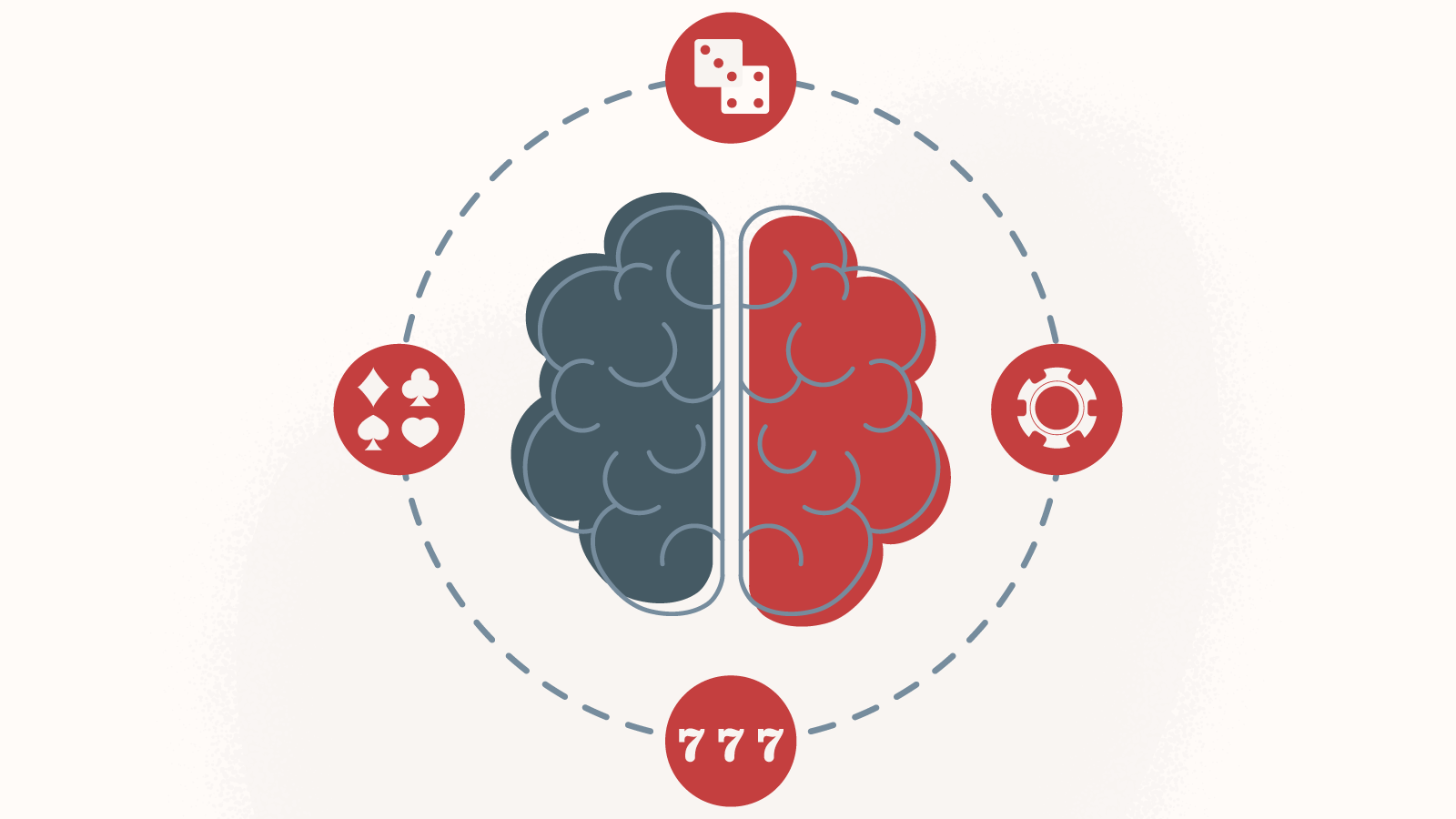
The human brain undergoes significant changes when it’s exposed to long-term gambling and substance addiction.
This is mainly due to the changes in hormonal processes.
The most affected brain areas by gambling are:
The prefrontal cortex
This brain region is responsible for:
- Making decisions, assessing risks, cognitive control, and impulse control;
- It is important in evaluating rewards and delayed discounting;
- This involves deciding between an immediate small prize and a later, larger one.
What happens within the prefrontal cortex during gambling?
The area shows less activation in gambling addicts during gaming sessions.
This means that problem gamblers have more difficulty controlling their impulses because of the low activity in this area, which:
- Causes them to process risk and reward incorrectly;
- Generates short-term and long-term consequences.
Because impaired brain function can make it difficult to realize when gambling has become a problem, many players fall into denial. Learn more about Gambling Addiction Denial and how to overcome it.
The ventral striatum
This area is called the “brain’s reward centre”, and it has a role in reward processing.
You should expect increased activity and blood flow in this area when:
- Problem gamblers are put in an fMRI (functional magnetic resonance imaging) scanner;
- The examination is conducted while they play simulated casino games.
Does the ventral striatum show increased activity during gambling?
No. Just as in the case of the prefrontal cortex, this area shows less activation compared to people with no gambling problems.
The reward deficiency model explains this:
- Having a weakened or underactive ventral striatum makes people be drawn to activities that stimulate their reward pathways;
- This may include gambling;
- The less activation NZ players have in this brain area, the more they need to gamble to compensate for the deficit.
Disclaimer
Our experts are not licensed psychologists!
- None of the advice or information provided within this article comes directly from psychology experts;
- This article is exclusively meant to be informative regarding gambling disorder so that players can protect themselves more effectively against the industry’s risks;
- Our advertiser disclosure policy involves objectivity and transparency, as we want our readers to know exactly what to expect from us.
What Happens to Brain Hormones During Gambling?
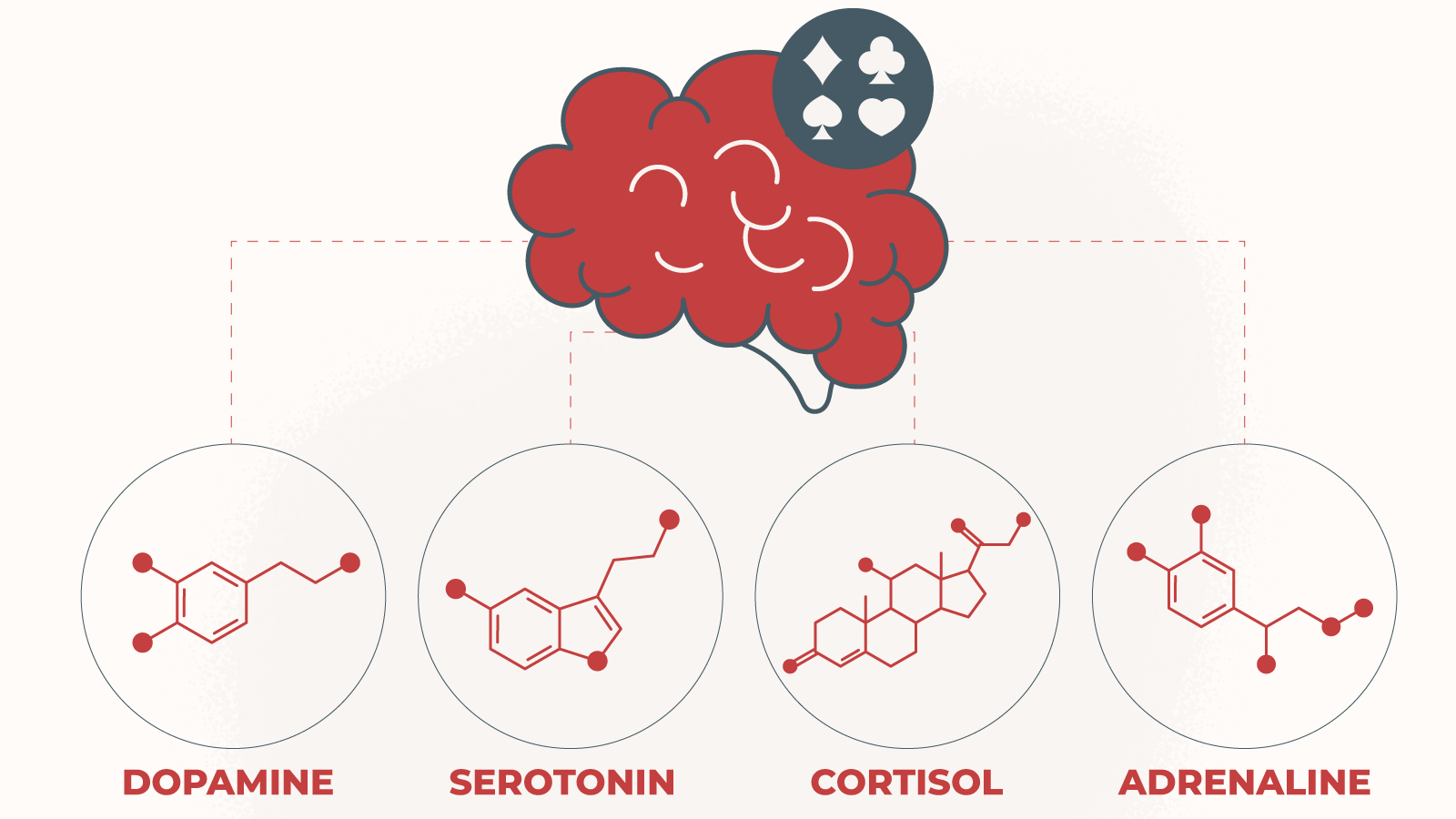
Like any other activity, gambling generates hormonal changes in the brain.
To better understand its impact, you should know that your brain chemistry is responsible for:
- Feelings
- Thoughts
- Actions
Here are the main hormones affected by casino gameplay and how they can influence you:
Dopamine
A hormone and a neurotransmitter, dopamine is responsible for making NZ players feel pleasure while doing something they enjoy.
It impacts your mood, sleep, pain perception, heart rate, and how your body and brain handle learning.
Excessive dopamine can cause:
- Low impulse control
- High levels of competitiveness
- Aggressiveness
How does dopamine work?
- The brain releases dopamine whenever it expects a reward;
- NZ players may associate gambling with pleasure;
- Anticipating this activity can make your brain release an increased level of dopamine;
- The more NZ players gamble, the more dopamine their bodies release, changing their baseline and increasing their need to gamble.
What if your body develops a high dopamine tolerance?
If you gamble often, your body will need increased stimulation to actually enjoy winning. This puts NZ players at risk of developing an addiction, as you have to gamble more and more to feel as much pleasure as in the beginning.
Serotonin
A neurotransmitter that also acts as a hormone, serotonin impacts mood, sleep, and cognition, to give some examples.
When your serotonin levels are too low, this exposes you to:
- Depression
- Anxiety
- Suicidal behaviour and thoughts
- Panic problems
- Sleep disorders
Serotonin increase during gambling
Contrary to popular belief, studies show that NZ players with gambling disorder have low serotonin levels.
This results in:
- An impairment in reward processing or inhibition;
- An increased motivation to satisfy their urges;
- A combination of the two.
What does this mean?
The main consequence of low serotonin levels while gambling is that players have difficulty controlling their desires.
Cortisol
Cortisol is known as the most important stress hormone.
The most important roles of cortisol in relation to gambling are:
- Regulating the body’s stress response
- Regulating blood sugar and heart rate
- Ensuring immunity
What happens when cortisol levels are high?
People with high cortisol levels have an alert stress response system, which disrupts most bodily functions. High cortisol also increases mental health risks.
How does cortisol contribute to gambling addiction?
When you play casino games, the level of cortisol in your body is significantly higher than usual.
While studies aren’t yet conclusive regarding the relationship between cortisol and gambling, two things are certain:
- Gamblers tend to have a higher blood pressure than non-gamblers, which can lead to heart problems in the long run;
- High levels of cortisol often trigger depression and anxiety.
Adrenaline
Responsible for the “fight or flight” instinct, adrenaline produces the following effects on the body:
- Increased heart rate and blood pressure
- Air passage expansion in the lungs
- Lower pain sensitivity
- Improved senses, such as hearing or vision
- Boosted energy
Adrenaline: a double-edged sword in gambling
The excitement you feel while gambling causes your body to release high adrenaline levels.
This makes you feel energized and more alert.
Even more, studies show that your brain releases adrenaline even when you’re losing at a casino game.
What consequences does the need for adrenaline have?
Like people who take up extreme sports, gamblers may chase the “high” produced by this hormone, thus exposing themselves to addiction.
If you find yourself craving the rush that gambling provides, it’s crucial to redirect your energy into healthier alternatives. Discover Activities to Stop Addiction that can help replace harmful habits.
What do all the described hormones generate when combined?
The combination of these hormones may lead to symptoms of gambling addiction, such as the inability to control your gambling and spending urges. However, their effects also make it easier to spot the addiction during the early stages.
The Hidden Effects of Gambling on Your Perception and Judgment
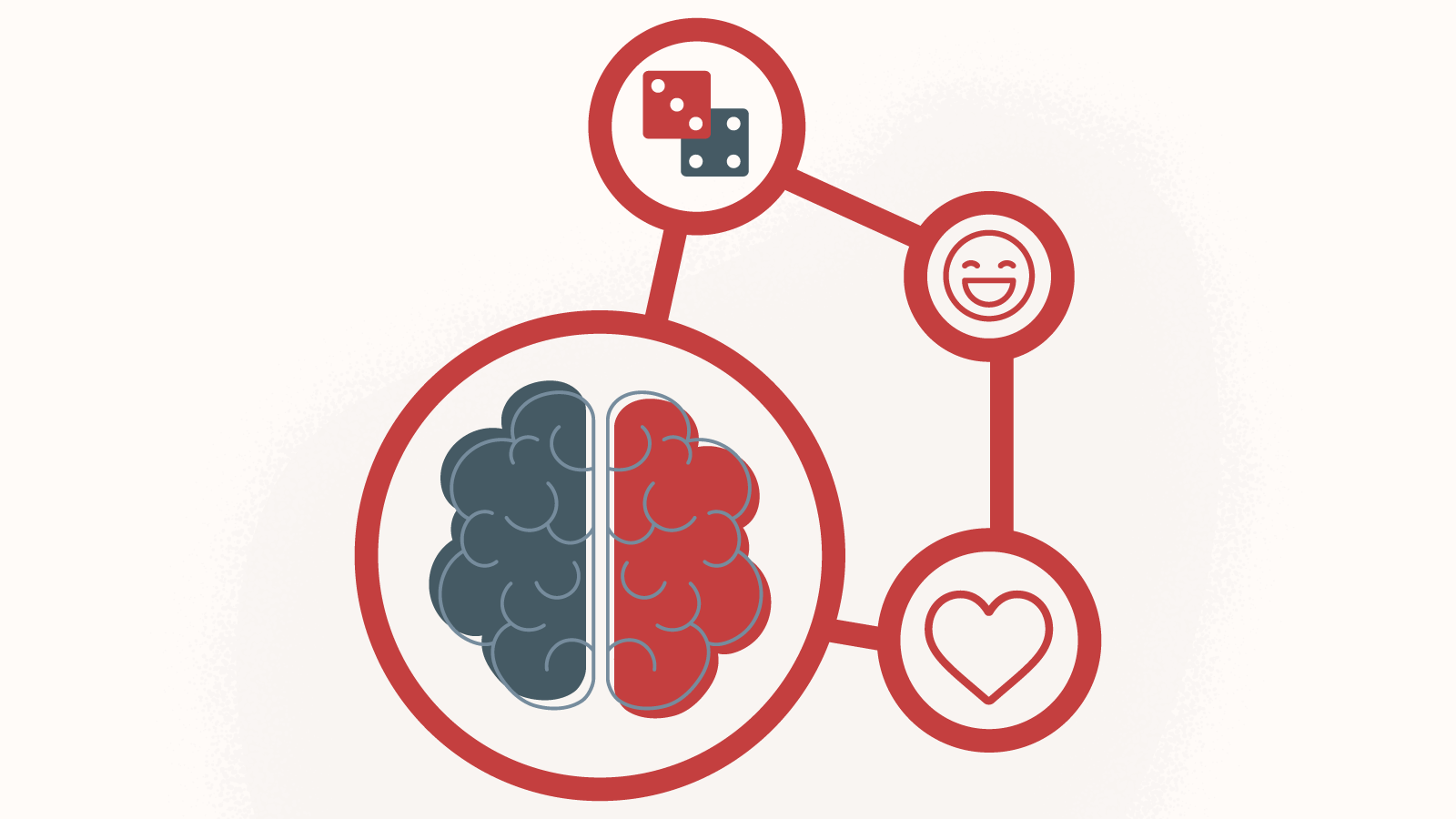
Playing at casinos usually involves having your perception distorted by several factors, such as the music.
The rule applies at both online and land-based casinos.
This is because the games and ambience are thought out in a way that seems highly appealing to NZ players.
How the casino ambience distorts your reality
The ambience in physical casinos is meant to induce positive feelings and make you feel energized. Nothing is left to chance, from the smell to any other small detail.
To avoid falling for these manipulations, it’s essential to always read the Casino Terms and Conditions before playing, ensuring you understand the rules and limits.
No windows or clocks
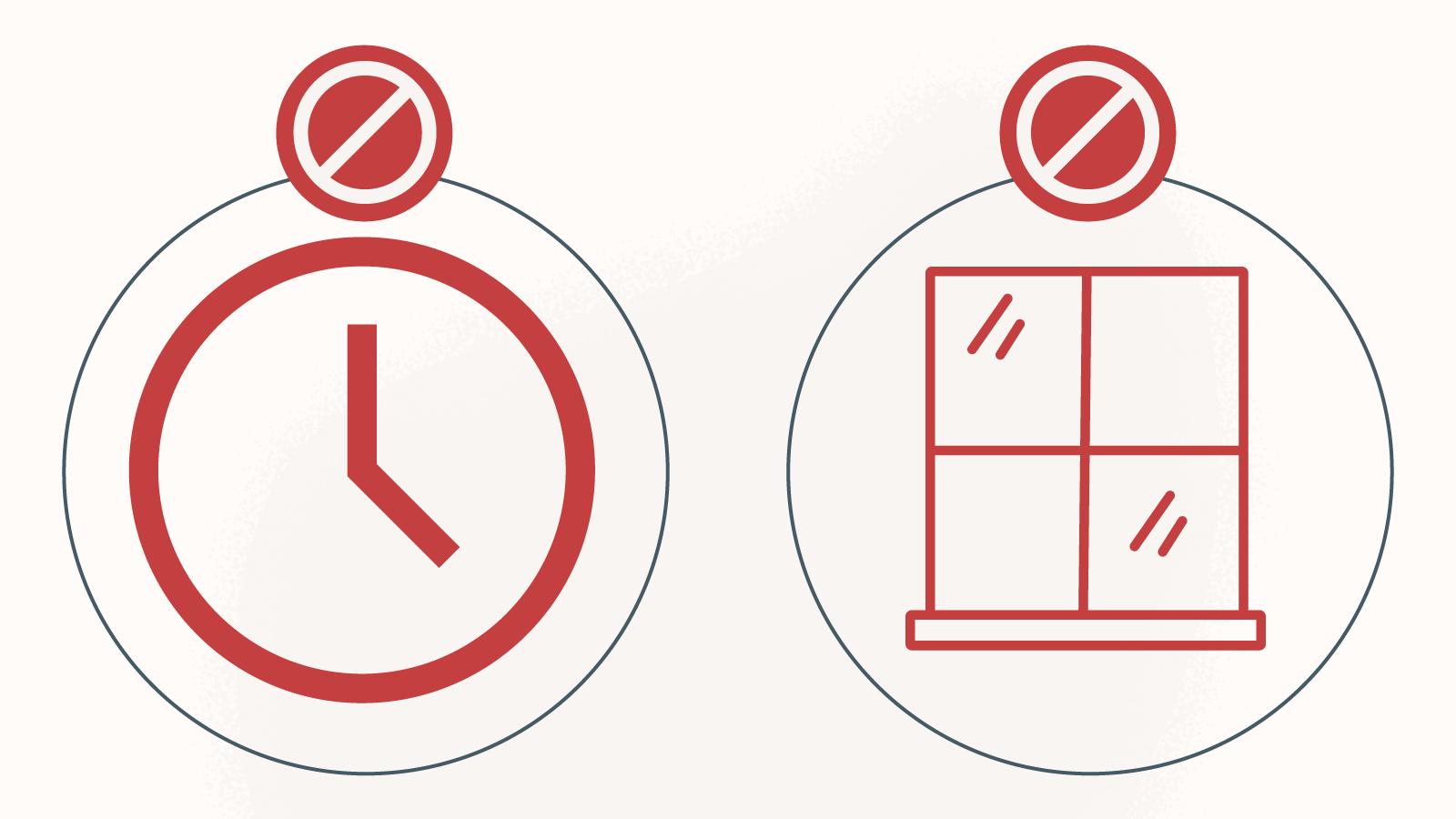
By eliminating windows and clocks:
- Casinos want you to stay focused and not notice how the time passes;
- This makes establishments look a lot like bars during the evening, with dim lights that help you unwind and relax;
- Many NZ players inevitably lose track of time in such circumstances;
- They end up spending and playing more, which makes way for creating a habit.
Casino music
The music you hear in physical casinos is repetitive, and if you pay close attention, you will notice that tracks change seamlessly.
Why is casino music repetitive?
If you were aware of the songs changing, you’d be able to approximate how much time has passed. This may stop NZ players from playing for a longer time, which isn’t profitable for casinos.
You may think playing at online casinos would be safer, as you control your environment.
However, the music used in all games, along with the flashing lights, are meant to recreate the real-life casino ambience effects at least partly.
Near miss effect
Near-misses are situations in which, upon spinning the slot reels, one stops right before you get to make a winning combination.
This is entirely random, as all slot machines work on RNGs (Random Number Generators).
However, many gamblers feel like it is a sign of a lucky combination that is about to happen.
How do you avoid the near miss effect?
If you want to minimize the influence of the near miss effect on your gameplay, you should only register at top casino sites that are licensed and verified.
Multi-line slot machines
The main reason why NZ players gamble is to score wins.
Game developers know this very well, so they have created multi-line slot machines.
Why are multi-line slot machines tricky?
They may seem great because you have more chances to make winning combinations on any line or multiple lines. Even so, the reality is a bit different.
Multiple slot machine lines explained
- Multiple paylines slots allow you to place multiple bets simultaneously, one on each active line;
- The individual wagers may be small, but the total bet amount is significant;
- This means that NZ players may create a winning combination on one line, multiplying the bet placed on that line;
- However, they will lose on all the others.
So, technically, you win, but in fact, the amount won is lower than the total bet you have made.
Why is this harmful?
This is how casinos trick NZ players into thinking they’re winning more often than they actually are. These small wins are more frequent, but they do not cover the amounts you are betting on all the active lines.
What Happens When Gambling Addiction Goes Unchecked?
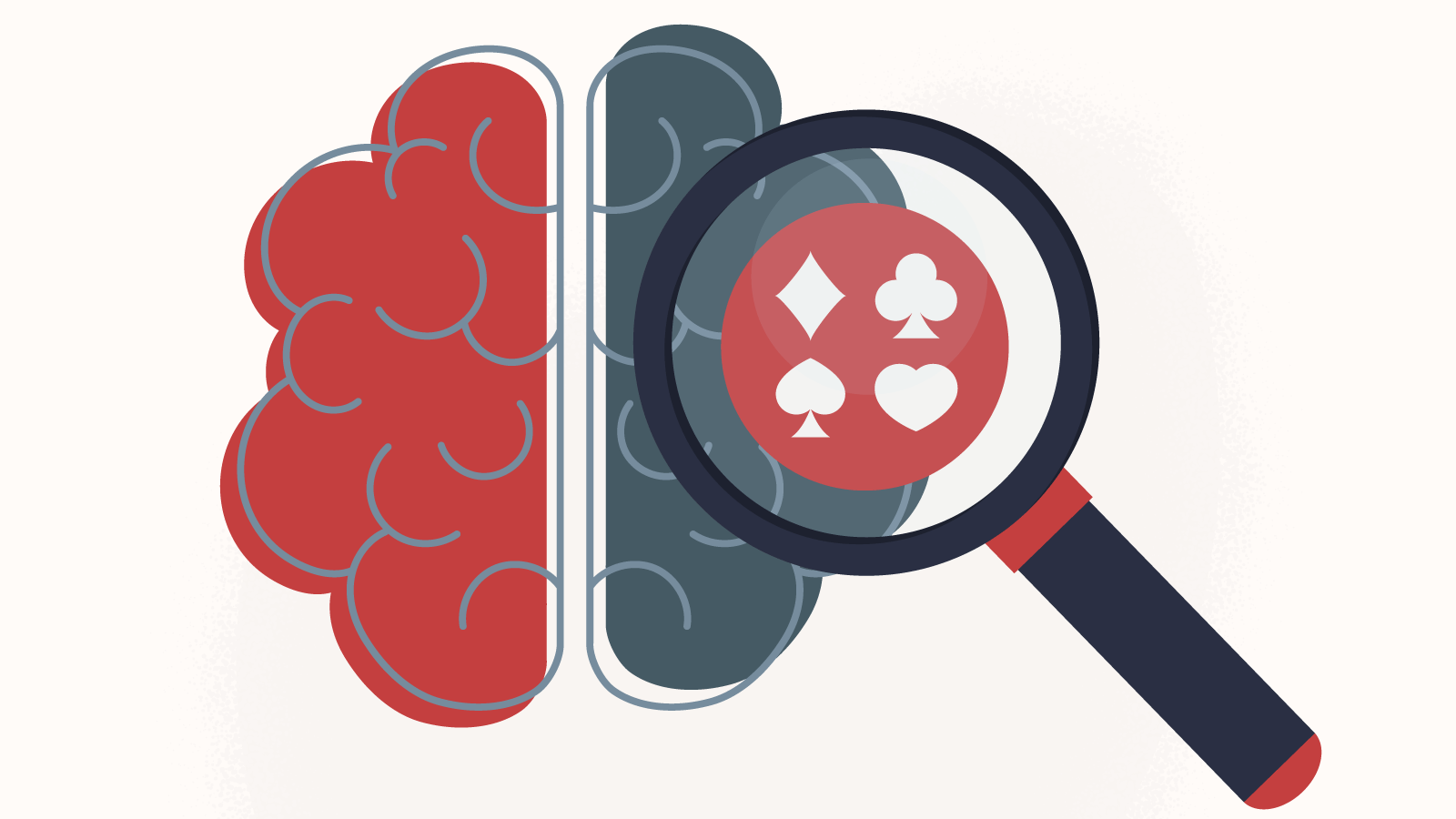
- The reward pathways in the human brain become hypersensitive after prolonged exposure to high levels of dopamine;
- Therefore, your craving for gambling may be enhanced, and, even more, it can negatively change the way you react to losing;
- You will have to bet much more money in the long run for the same satisfaction;
- For players who suffer from gambling addiction, even losing money triggers these reward pathways and the release of dopamine;
- This can make you want to chase your losses, which is precisely what casinos hope for;
Physical changes are inevitable in long-term gamblers
Studies show that players with gambling addiction often discover brain damage during medical examinations, which consequently leads to brain abnormalities and dysfunctions.
To avoid falling into harmful gambling habits, it’s essential to practice responsible gaming and recognize the signs early. Learn more about how to Stay Away from Gambling Addiction to keep your habits under control.
Negatives of gambling for New Zealand players
New Zealand players aren’t safe from such dire risks.
Therefore, you may find that long-term gambling can generate:
- Numerous mental health issues, such as depression;
- Financial, romantic, or familial troubles;
- A lowering quality of life;
- Increasing debts;
- The temptation to break NZ gambling laws for players to make up for the losses;
- Heightened irritability, which can be caused by failing to quit gambling, losing track of time, and other such factors.
How to avoid gambling addiction consequences
To make sure you don’t negatively impact your life due to gambling, we advise you to contact any responsible gambling institutions in New Zealand that help players overcome this problem.
Proven Methods for Treating Gambling Addiction
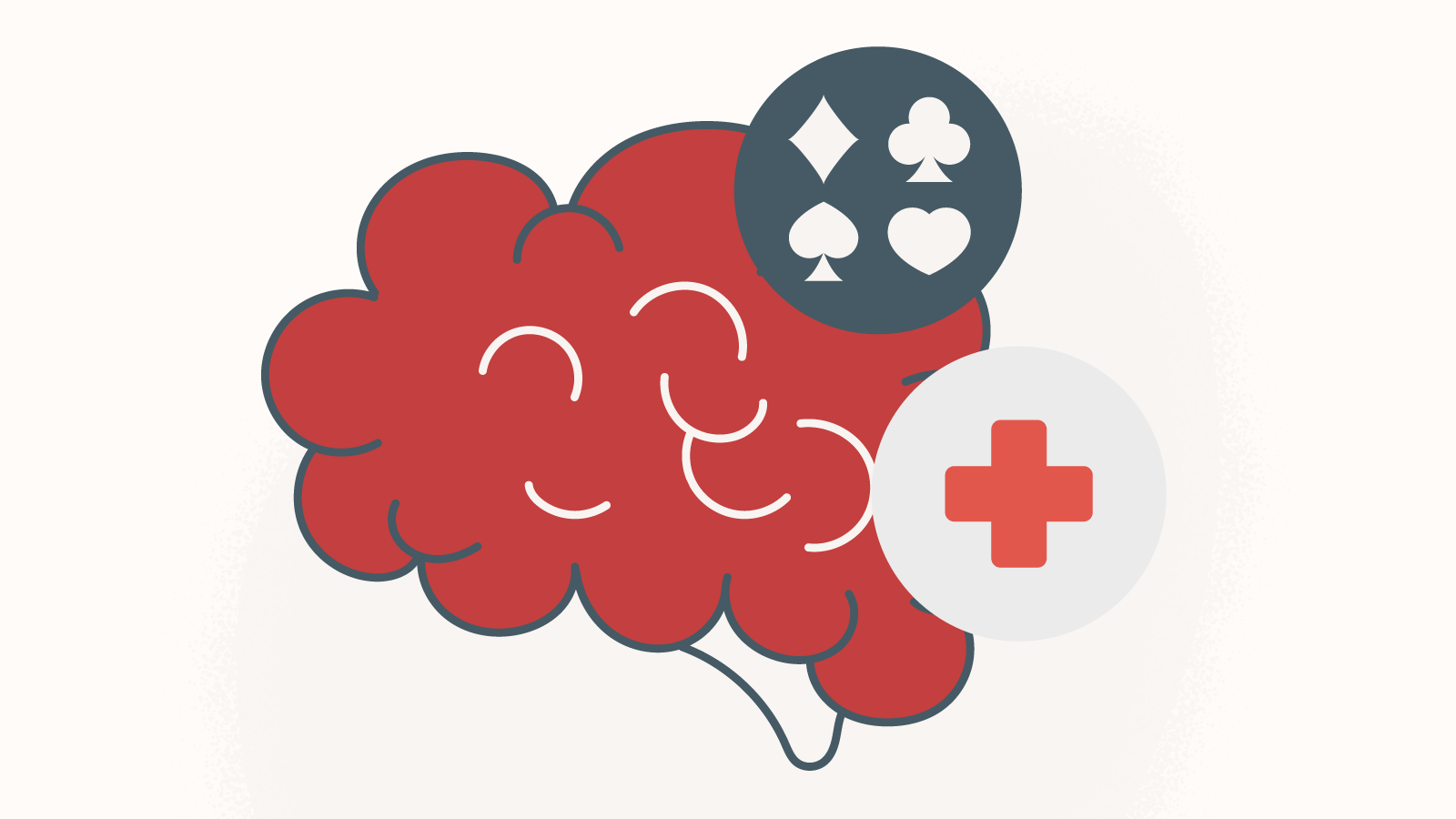
Professionals have been seeking effective gambling disorder treatments, and the discoveries are fruitful so far.
There are currently several types of treatment for this problem, among which we can name:
- Behavioural therapy
- Cognitive behavioural therapy (CBT)
Since the latter is more popular, let’s elaborate on the topic:
CBT for gambling
CBT is a type of talking therapy that:
- Helps clients change their unhealthy behaviour and thought patterns;
- Learn what the root of their unhealthy patterns is;
- Learn where and how to pinpoint the source of their resistance to quitting gambling;
- See what the client is trying to satisfy by placing bets and redirect their attention to engaging in other activities that can stop gambling addiction;
- Helps improve the clients’ relationships with their loved ones.
Things to Remember
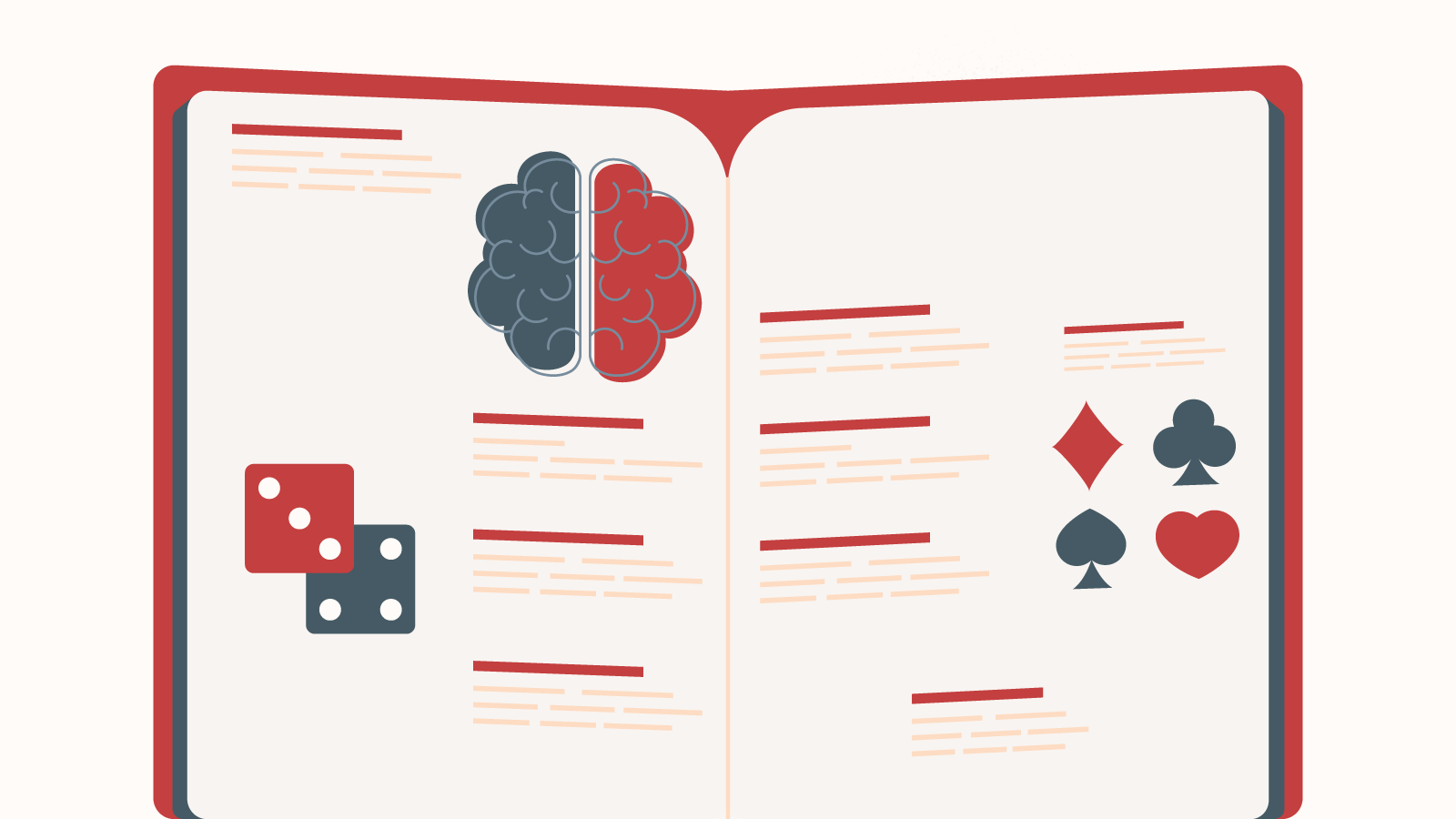
Gambling has immediate and long-lasting effects on the human brain, particularly if you don’t practice responsible gambling.
To understand it better:
Addiction to playing casino games is very similar to substance addiction. It involves similar brain areas, and triggers the release of the same hormones and neurotransmitters.
CasinoAlpha expert advice
Playing casino games frequently can impact your brain more than you think.
It may seem like it’s up to you to quit or not.
Why is it out of an addict’s control to give up gambling?
Hormonal changes can make your body develop an addiction, thus worsening all the important aspects of your life.
To avoid any negative consequences, our experts advise all NZ players to only practice gambling as a hobby!
Let us know about your experience!
If you’re struggling with gambling addiction, or you have unanswered questions that you’d like to ask, the CasinoAlpha experts are here to help with further information: all you have to do is write us in the comment section below!

